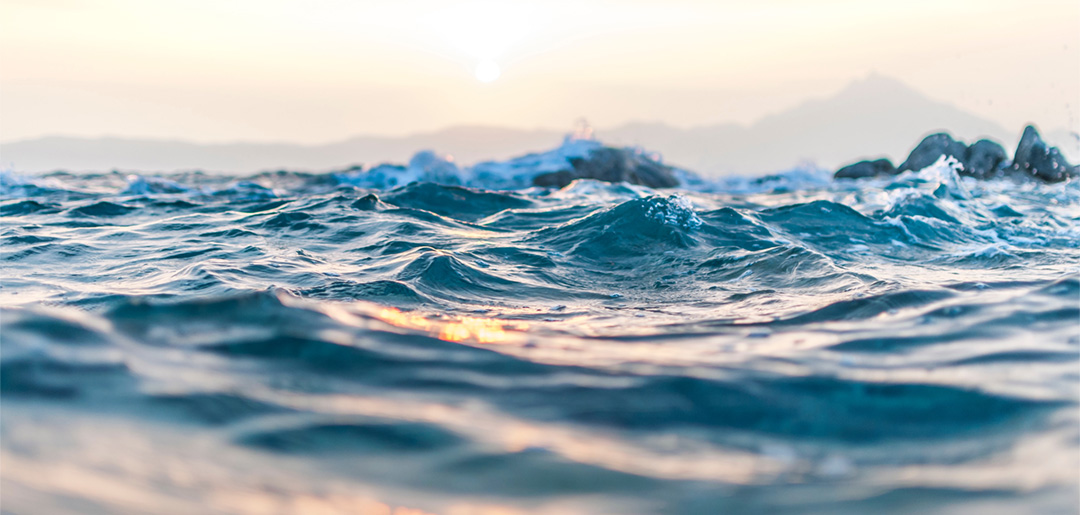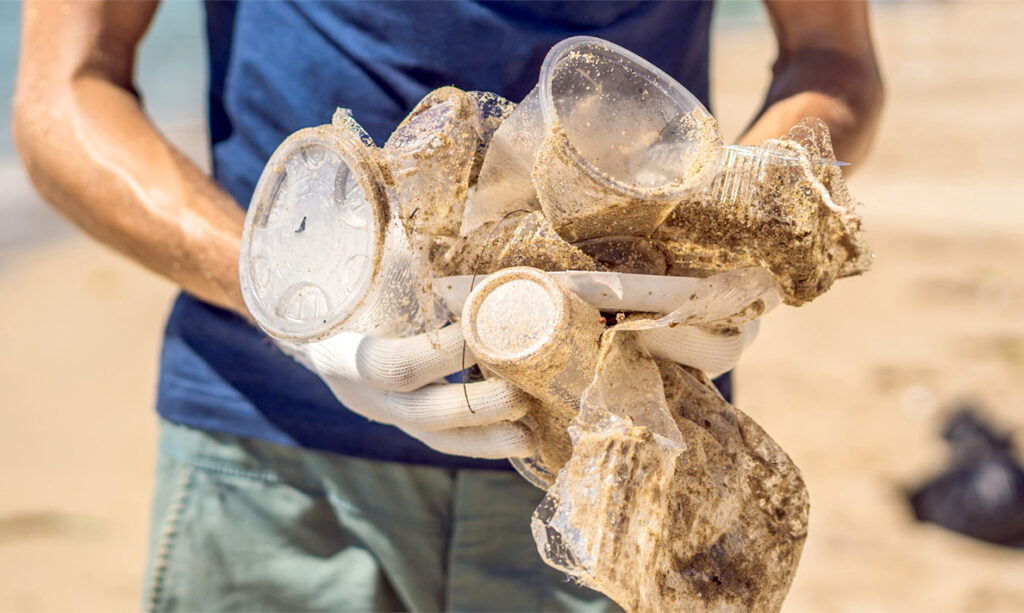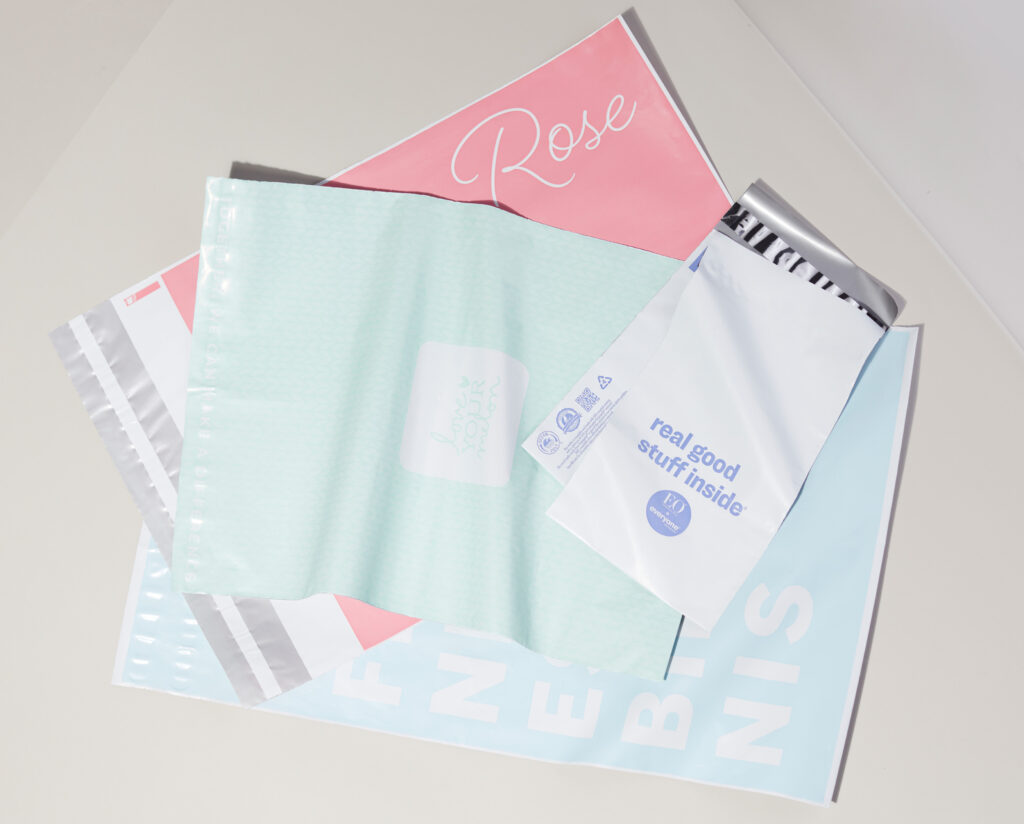Cleaning up the Oceans with Sustainable Packaging
It’s hard to imagine a world without plastic—and yet, of the 9.5 billion metric tons of plastic produced since 1950, 7 billion has become waste. In fact, half the plastic created each year goes into single-use products with an average lifespan of 15 minutes.
Rather than decomposing, the plastic breaks down into smaller nanoparticles over hundreds of years. As a result, 100 million animals—particularly loggerhead sea turtles, whales, seals, and seabirds—die each year. They ingest it, become tangled up in it, or perish from the toxic chemicals it leaches.

The State of Our Oceans
How polluted are the world’s five oceans? The numbers say it all:
-A study completed in 2019 found the world’s oceans are polluted by “plastic smog” comprised of an estimated 171 trillion plastic particles.
-To add perspective: that’s 21,000 pieces of plastic in the ocean for every person on Earth.
-If put together, this plastic would be the size of the state of Texas and weigh 2.3 million tons.
-Since 1979, plastic pollution has doubled every six years.
-The amount of plastic will nearly triple by 2040 unless we take action now.
What Can We Do to Clean the Ocean?
It will take a group effort to clean our oceans. Governments will have to play their part by establishing enforceable international agreements to prevent plastic pollution. We also must expand efforts to collect plastic from problem areas BEFORE it winds up in the ocean and use this recycled material to create innovative new products that drive change.

Keeping plastic out of the ocean not only helps protect marine life and the overall health of our environment, but also provides a positive impact for surrounding communities that includes improved drinking water and job creation. And as consumer demand for sustainable packaging products continues to grow, more companies are looking to find ways to increase eco-friendly business practices that reduce human impact on our natural resources.
Impak Retail Offers OceanPoly® Packaging Material to Reduce Plastic Waste
Plastic is unlikely to go away any time soon. Its lightweight durability and resistance to contamination make it a classic choice for packaging—especially food packing. Though reducing our society’s reliance on plastic may take time, we don’t have to wait to find ways to significantly limit its negative impact. Here at Impak Retail, we’re working to do just that.
Collected from polluted beaches and waterways, OceanPoly® is a sustainable packaging material that contains a minimum of 25% recycled plastic from bottles and other content. With an additional 25% of pre-consumer/post-industrial waste included, OceanPoly® is made up of 50% recycled material in total.

Using our eco-friendly poly mailers allows your business to minimize your environmental footprint while reflecting your customers’ deeply held sustainability values. If you are in the retail or e-commerce sector, reach out today to see how we can help with your custom packaging needs. Let’s make waves together to make our oceans clean and thriving for decades to come! Visit https://oceanpoly.com/ for the full story.